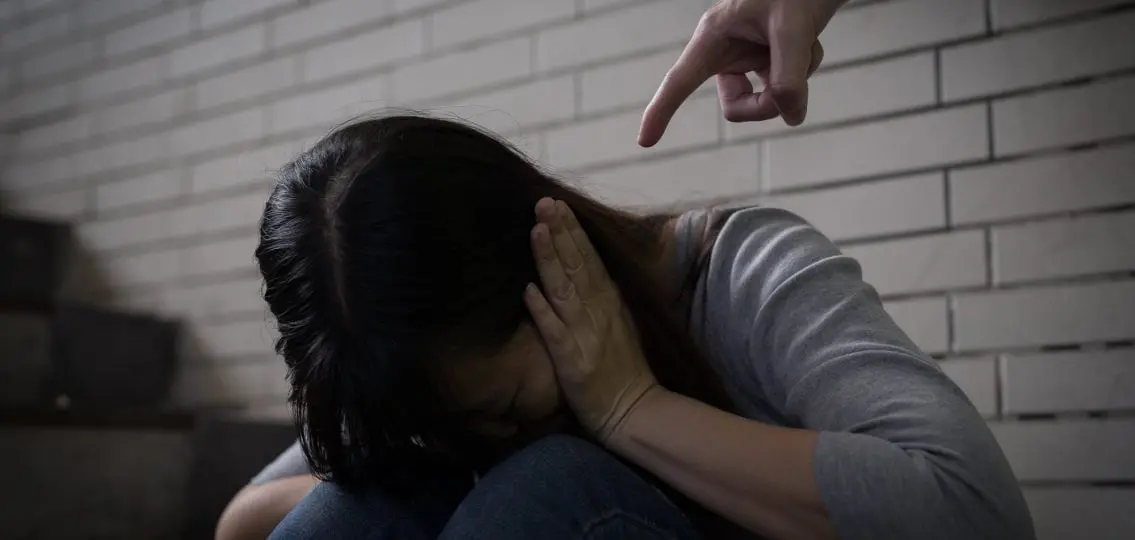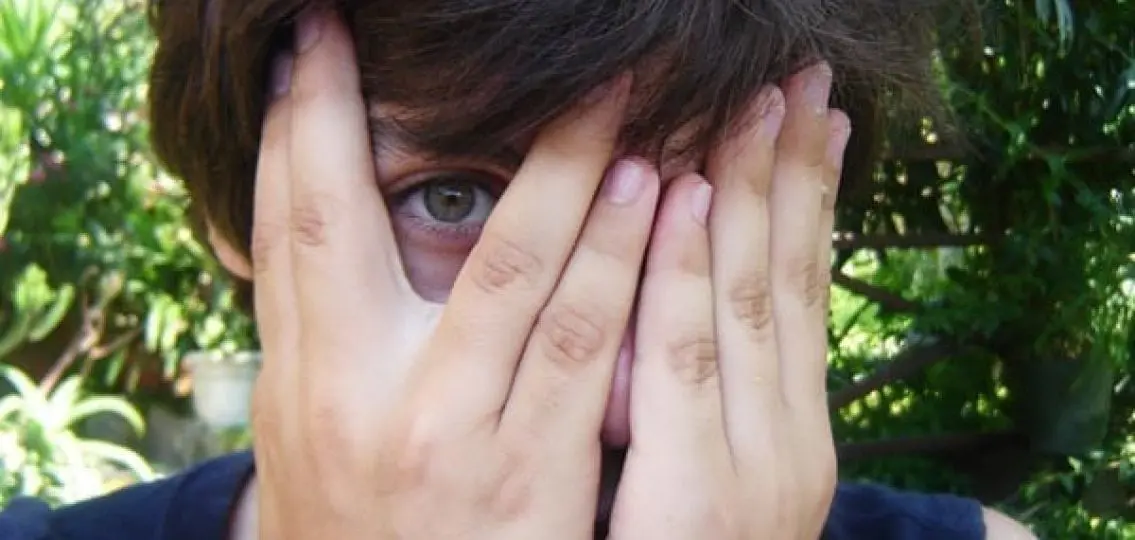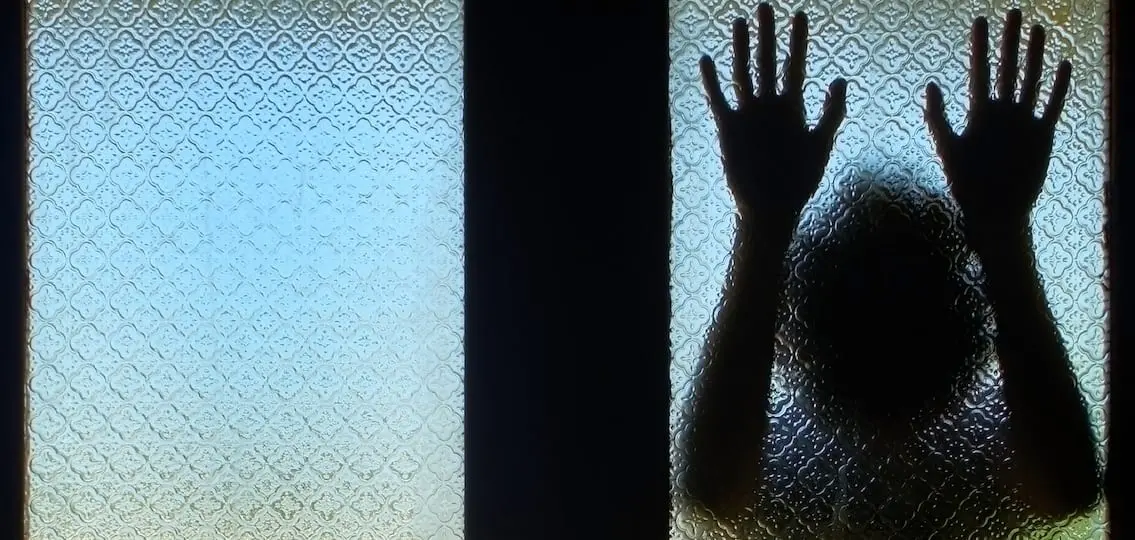I was born in Honduras and raised by an abusive father. His abuse left me with 57 scars. He left when I was nine years old. The last time I saw him, he tried to cut my eye out.

My father left my mom in a wheelchair after he kicked her and broke two of the bones in her back. So, when he left, I had to become the man of the house to support my mom and my brothers. I was nine years old—just a child. So I did whatever I had to do. I cleaned out trash and helped people with their gardens. At 14, I started working on a farm.
When I turned 16, I decided I would have a better future and be better able to help my family if I went to the U.S.
So, I contacted my godmother who lived there. With $60, I took trains to the U.S. and crossed the border in Texas. My godmother picked me up at a gas station.
Within 20 minutes of being at her house, I remember something wet being put over my mouth and that was it. I woke up in room, and she came in and told me what I had to do: let anyone who came through the door do whatever they wanted to do to me. I was not allowed to leave the room, unless they were transporting me to another city.
In the next six months, my godmother transported me to 27 cities throughout the U.S., including Panama City, Las Vegas, Chicago, Seattle and many others. During that time, I was always on cocaine and Viagra, so I’d remain sexually active for people. I had to give into it because my godmother knew where my mother and brother were, and I didn’t want anything bad to happen to them.
Finally, a neighbor called the police because so many people were coming in and out of the house.
Then the FBI got involved, because it was commercial sexual exploitation and child trafficking of myself and two other girls. I was scared. Prostitution is against the law, and I thought I was a criminal. I was afraid of going to jail.
I was kept in the U.S. as a material witness to my godmother’s trial. She was put in jail for two years and then deported to Honduras. I was placed in foster care and moved from one very hard situation to another. Foster care is not set up to provide services to an immigrant youth, especially one who had been a victim of commercial sexual exploitation. I didn’t speak English; I didn’t have a Social Security number or green card. It was very, very hard. I had no support. I was given many mental health diagnoses. In my first three months in foster care, I was put on 13 different psychotropic medications. I was drugged, literally.
Then one day in 2008, this guy showed up and said, “I’m going to be there for you.”
He was my court-appointed special advocate (CASA). I didn’t believe him, but he kept showing up and kept showing up. I stopped taking medication because he gave me the support I needed. He taught me English. He took me out of my group home and taught me what it meant to live in America and how to become a productive member of society. He helped me make decisions about my education. I got a GED. He helped me apply to college and for scholarships.

Today, I am a part-time student at the University of California at San Diego, one of the most prestigious schools in the country. I am majoring in political science and international relations. It has been wonderful. But, if it weren’t for the support of my CASA, I would not be here. It took traveling more than 5,500 miles from Honduras, being a victim of childhood sex trafficking and being placed in foster care to find the perfect father figure—the perfect individual who came along and changed everything for me.




